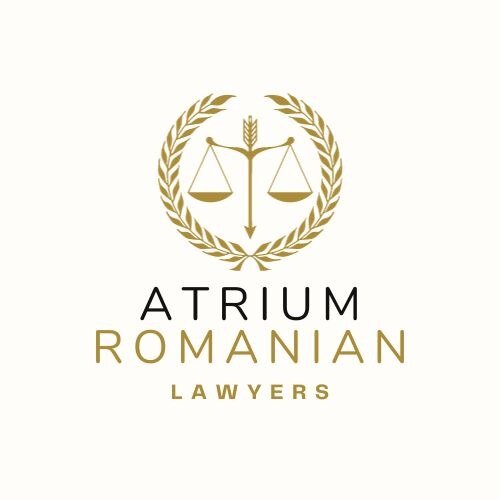Best Pension Lawyers in Bucharest
Share your needs with us, get contacted by law firms.
Free. Takes 2 min.
List of the best lawyers in Bucharest, Romania
About Pension Law in Bucharest, Romania
Pension Law in Bucharest, the capital of Romania, is governed by national Romanian law. The pension system is a component of the country's social security framework, providing two primary types of pensions: old-age pensions and disability pensions. Public pensions are financed via contributions from both employers and employees, while private pensions are funded by individual contributions. The age at which one qualifies for an old-age pension varies, but typically it's around 63 for women and 65 for men.
Why You May Need a Lawyer
Legal assistance may be beneficial in several situations dealing with pension matters. This includes understanding the complex regulations and entitlements related to pensions, navigating the process of applying for a pension, appealing a negative decision on a pension application, ensuring one's rights are protected in situations of pension disputes, and inheritance issues involving pensions. Pension law can be complex, and a knowledgeable lawyer can provide invaluable guidance and representation.
Local Laws Overview
It's crucial to be aware of key aspects of local pension laws. In Romania, the social security code regulates pension provisions, ensuring both residents and expats who have contributed towards the pension scheme are entitled to receive benefits. Qualified individuals can access old-age pensions, early and partial early retirement pensions, disability pensions, and survivor's pensions. The amount an individual receives is determined by their contribution and the average gross salary during their employment years. Additionally, pension laws also include provisions for indexation, designed to protect pensions from inflation.
Frequently Asked Questions
What is the official retirement age in Romania?
The official retirement age in Romania is gradually increasing, slated to reach 63 for women and 65 for men by 2030. However, earlier retirement can be opted for under certain circumstances.
Can foreign nationals receive a Romanian pension?
Yes, expats who have made social security contributions can receive a Romanian pension. The amount and eligibility conditions may vary depending upon the bilateral agreement between Romania and the expat's home country.
Can I work while receiving a pension in Bucharest?
Yes, it is allowed to work while receiving an old-age pension in Bucharest, Romania. However, further social security contributions will not increase the pension benefit.
What happens to my pension if I move abroad?
If a pensioner decides to move abroad, their Romanian pension can be remitted to their new country of residence, subject to bilateral agreements and certain conditions.
Can I opt for early retirement?
Yes, early and partial early retirement options are available under certain conditions, such as a long period of social security contributions.
Additional Resources
The Ministry of Labour and Social Justice and the National House of Public Pensions are excellent resources for information on pensions in Romania. Both organizations offer detailed explanations of the provisions of pension law, as well as advice on applying for different types of pensions.
Next Steps
If legal assistance on pension matters is required, contact a lawyer specializing in pension law. They can provide in-depth guidance on all aspects of the pension system, from the application process to dispute resolution. It is generally recommended to seek an initial consultation to discuss the potential case and identify the best course of action.
Lawzana helps you find the best lawyers and law firms in Bucharest through a curated and pre-screened list of qualified legal professionals. Our platform offers rankings and detailed profiles of attorneys and law firms, allowing you to compare based on practice areas, including Pension, experience, and client feedback.
Each profile includes a description of the firm's areas of practice, client reviews, team members and partners, year of establishment, spoken languages, office locations, contact information, social media presence, and any published articles or resources. Most firms on our platform speak English and are experienced in both local and international legal matters.
Get a quote from top-rated law firms in Bucharest, Romania — quickly, securely, and without unnecessary hassle.
Disclaimer:
The information provided on this page is for general informational purposes only and does not constitute legal advice. While we strive to ensure the accuracy and relevance of the content, legal information may change over time, and interpretations of the law can vary. You should always consult with a qualified legal professional for advice specific to your situation.
We disclaim all liability for actions taken or not taken based on the content of this page. If you believe any information is incorrect or outdated, please contact us, and we will review and update it where appropriate.












